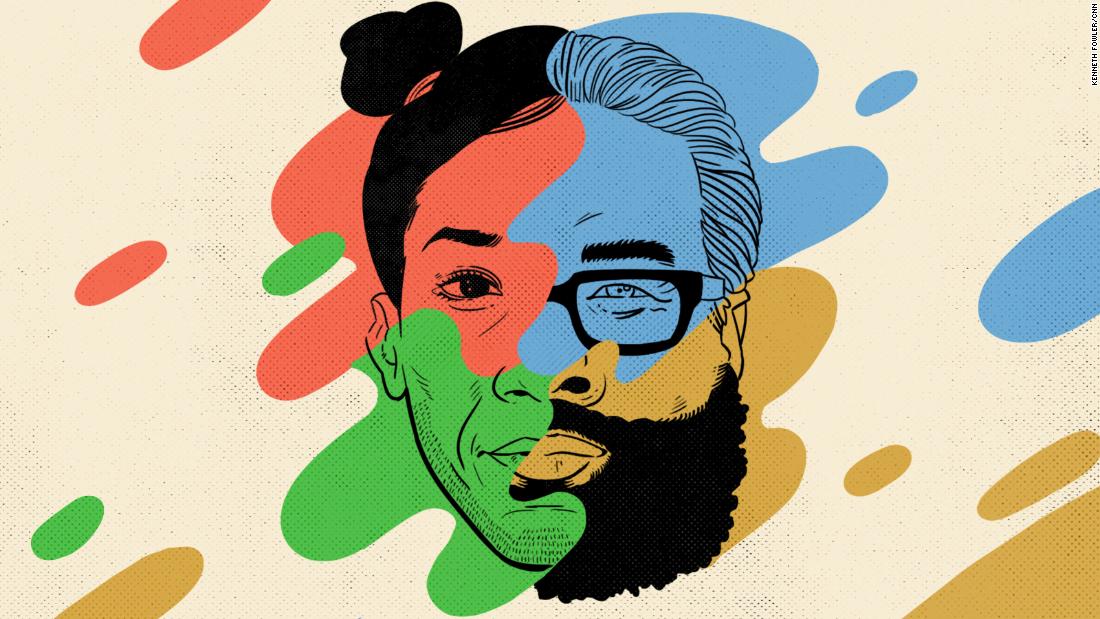One Woman’s Fight to Claim Her ‘Blackness’ in Brazil
Foreign Policy
2017-07-24
Cleuci de Oliveira
Brasília, Brazil

Illustration by Sofía Bonati
The experience of a young lawyer raises difficult questions about race, belonging, and the bureaucracy of affirmative action in a country lauded for its egalitarian history.
When Maíra Mutti Araújo speaks, she draws out her vowels and pronounces them with a distinctively sharp tone. Her accent is immediately recognizable to Brazilians as typical of Salvador, a coastal city in the country’s northeast that is as famous for its beaches as its rich African heritage. Araújo grew up in Salvador, just like her mom. Her dad, who grew up in a rural town eight hours away, has lived there since college. She has her mom’s features — a broad nose, full lips — and her dad’s nut-brown complexion.
Araújo comes from a bookish family. Her parents met when they were both chemistry majors at a local university — they now work as middle school chemistry teachers. She got her law degree at the Federal University of Bahia, one of the country’s most prestigious. During her time in law school, Araújo began to consider a career in the civil service. She interned at the Federal Attorney General’s Office in Salvador while still a student and took a job as an analyst at the government accountability office in Manaus, in the state of Amazonas, after graduation. Her goal was to eventually become a prosecutor. “I love arguing cases,” Araújo says, “that whole process of taking a case and finding a solution for it.” As a prosecutor, she says, “you’re responsible for propelling the case forward. The outcome depends on your approach.”
In late 2015, Araújo set her sights on an attractive job opening for a prosecutor back in her hometown, in the Salvador municipal department. Everyone encouraged her to apply using a relatively new affirmative action option. “You of all people! You have to do it,” Araújo’s boss at the time told her. “If I had the chance to apply as a quotas candidate, I would totally go for it,” her friends said. “And you do! So apply!”…
…Even before slavery was abolished, the mixed-race Brazilians who resulted from these unions enjoyed freedoms not available to those with darker skin tones. Many thrived as small-scale farmers, for instance, and a few reached stratospheric heights: André Rebouças, whose grandmother had been a slave, rose to become one of Brazil’s most important engineers in the late 19th century. By the turn of the century, a complex hierarchy based on skin color, facial features, hair texture, education, and elocution, among other qualities, came to dominate the Brazilian social contract.
Unlike the United States, post-abolition Brazil did not enact “anti-miscegenation” or “separate but equal” laws, so race relations evolved with relative fluidity. The end result was that, contrary to America, where even a single black ancestor several generations removed marked a person as legally black, Brazilians came to define blackness as a matter of physical appearance. According to the late sociologist Oracy Nogueira — arguably the most influential scholar of Brazilian constructions of race — the American concept of “passing” as white is a moot one in Brazil, where simply looking white makes one so.
The quotas implemented in universities and government departments were born of attempts to push back against this pervasive colorism — the privileging of light skin over dark. Activists stress the importance of black representation in positions of power — particularly by those who, on account of having a darker complexion or markedly black features, do not benefit from a fluid racial identity that could otherwise see them classified as white. Which is why activists’ frustrations have grown over what they argue are light-skinned pardos taking advantage of hard-won affirmative action policies that were not fought for with them in mind…
Read the entire article here.



